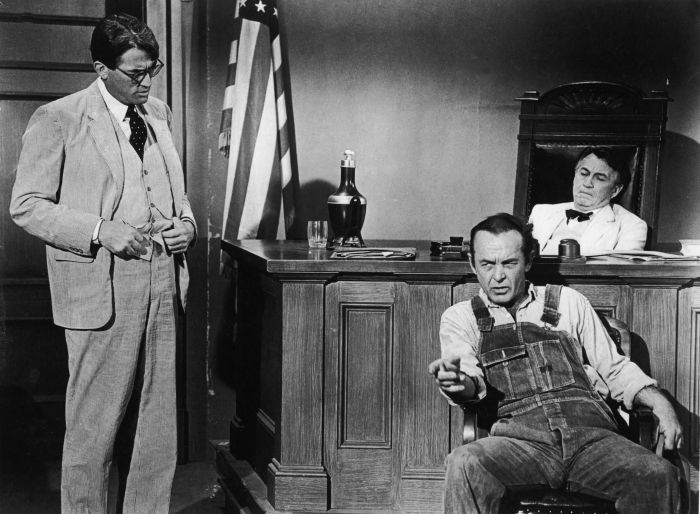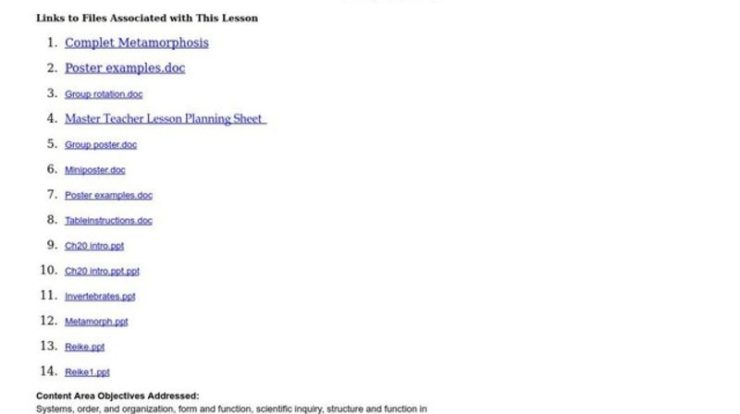Discussion questions about To Kill a Mockingbird provide a framework for exploring the novel’s complex themes, characters, and symbolism. Set in the American South during the Jim Crow era, the story delves into issues of race, justice, and the loss of innocence.
Through the eyes of Scout Finch, a young girl coming of age, readers witness the trial of Tom Robinson, a black man falsely accused of raping a white woman. The novel’s exploration of prejudice, inequality, and the resilience of the human spirit has made it a timeless classic.
Historical Context and Social Issues
To Kill a Mockingbirdis set in the American South during the 1930s, a time of racial segregation and widespread prejudice. The novel reflects the social issues of its time, such as:
- Racial tensions:The novel portrays the deep-seated racism that existed in the South, including the Ku Klux Klan’s violence and intimidation.
- Inequality:The novel highlights the economic and social disparities between white and black people, as well as the unequal treatment of women.
- Injustice:The novel explores the miscarriage of justice in the trial of Tom Robinson, an innocent black man accused of raping a white woman.
Character Analysis
Scout Finch
Scout is the novel’s protagonist, a tomboyish and intelligent girl who learns about the world through her experiences with racism and injustice.
Atticus Finch
Atticus is Scout’s father, a lawyer who defends Tom Robinson despite the social pressure to convict him. He represents the values of justice, equality, and compassion.
Boo Radley
Boo is a mysterious and misunderstood neighbor who becomes a symbol of both fear and compassion. He represents the hidden goodness that can exist in even the most isolated and marginalized individuals.
Symbolism and Motifs: Discussion Questions About To Kill A Mockingbird
The Mockingbird
The mockingbird symbolizes innocence and the importance of protecting the vulnerable. It represents Tom Robinson, who is killed for a crime he did not commit.
The Treehouse
The treehouse is a symbol of childhood and innocence. It is a place where Scout and her brother Jem can escape the harsh realities of the adult world.
The Fire
The fire symbolizes the destruction of innocence and the loss of childhood. It also represents the destructive power of hatred and prejudice.
Literary Techniques

Foreshadowing
The novel uses foreshadowing to hint at future events, such as the death of Bob Ewell and the revelation of Boo Radley’s true nature.
Irony
The novel uses irony to highlight the contradictions and hypocrisies of society, such as the fact that Tom Robinson is convicted despite being innocent.
Allegory
The novel can be read as an allegory for the American South, with its themes of racial injustice and the loss of innocence.
Themes and Meaning
Justice
The novel explores the themes of justice and injustice, as well as the importance of standing up for what is right, even when it is unpopular.
Equality
The novel emphasizes the importance of equality for all people, regardless of race, gender, or social status.
Loss of Innocence, Discussion questions about to kill a mockingbird
The novel depicts the loss of innocence that occurs as children grow up and learn about the harsh realities of the world.
Relevance and Impact
To Kill a Mockingbirdremains relevant today as it continues to resonate with readers with its timeless themes of justice, equality, and the loss of innocence. The novel has had a significant impact on literature and culture, inspiring other works of fiction, film, and television.
FAQ Resource
What is the significance of the mockingbird in the novel?
The mockingbird symbolizes innocence, vulnerability, and the importance of protecting the innocent from harm.
How does the novel explore the theme of racial prejudice?
The trial of Tom Robinson exposes the deep-seated racism and prejudice that permeate the community, highlighting the injustice and inequality faced by African Americans.
What is the role of Scout Finch in the novel?
Scout is the narrator and protagonist of the novel. Her innocence and childlike perspective provide a unique lens through which to witness the events of the story and the complexities of adult society.

